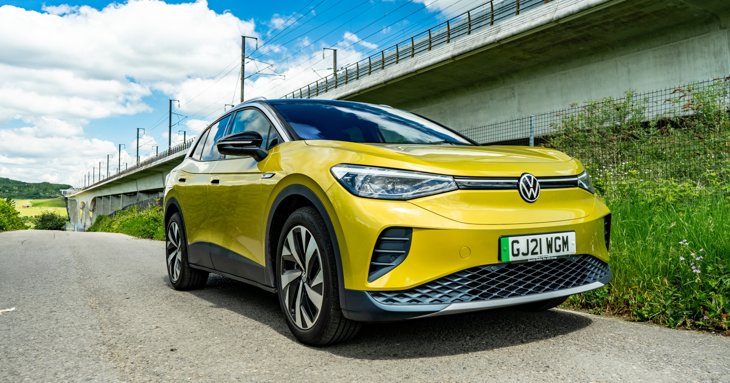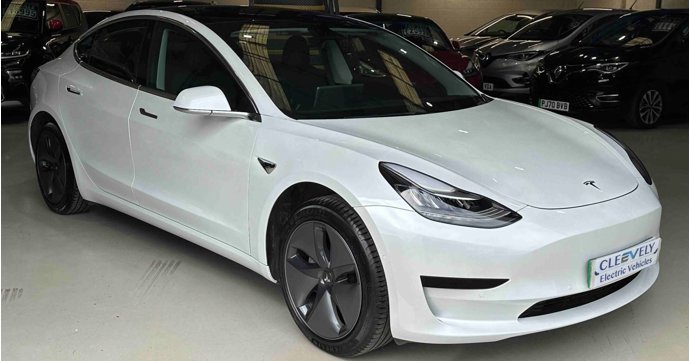More than a decade since electric vehicles first became available on the mass market, confidence in their environmental, financial and practical benefits is growing among UK drivers.
With new petrol and diesel cars set to be phased out in the not-too-distant future, SoGlos has teamed up with Gloucestershire electric vehicle expert, Cleevely EV, to highlight eight things that may surprise you about owning and driving an electric vehicle in the UK.
It's much cheaper to run an EV
Running an EV can save drivers a fortune in the long term, compared to petrol or diesel vehicles, with EVs ‘fuelling’ costs being up to two thirds cheaper. Electric vehicles also have fewer moving parts than their petrol or diesel counterparts, making them much cheaper to service and maintain — they can be cheaper to tax and insure, too.
A new study from the Energy and Climate Intelligence Unit (ECIU) found that drivers of the top 10 selling petrol cars of 2023 could pay a premium of around £700 a year more to run their vehicles than their electric equivalents in 2024.
There are more EV charging points in the UK than petrol stations
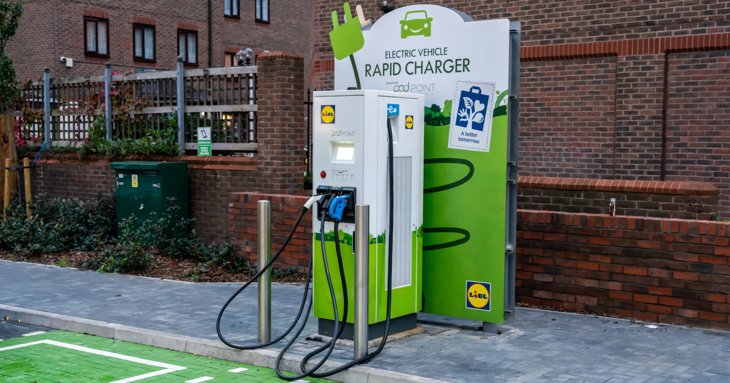
The number of charging facilities for EVs in the UK is increasing, with their number having surpassed that of petrol stations in 2019. Government figures show that as of October 2022, there were 34,637 public EV charging stations in the UK, while statistics aggregator Statista says the country had 8,365 petrol stations operational or under development by the end of the same year.
That number continues to grow year-on-year — with UK charging app Zapmap estimating there were there were 57,290 electric vehicle charging points across the UK, at over 32,575 charging locations, at the end of February 2024.
Braking adds miles to your range
Most electric vehicles come equipped with regenerative braking systems, which can add miles to your range as you drive. When slowing down, the vehicle’s electric motor works in reverse to act as a generator, capturing kinetic energy that would otherwise escape as heat and storing it to boost charge.
Driving smoothly will help to get the most out of regenerative breaking, which can typically add a few miles onto every long journey.
You can charge an EV with solar panels
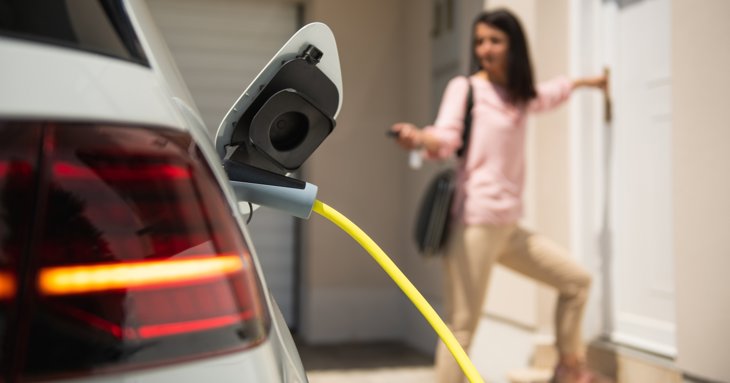
It is possible to completely charge an EV with solar panels at home. If you have a solar array, most home EV chargers will have the capacity to take energy directly from it to charge your car.
With factors such as continued direct sunlight — which can be somewhat scarce in the UK — combined with the size of your battery and solar array, it could potentially take days to completely charge your car this way, but the system is ideal and effective at keeping you topped up for free whilst parked up at home, with no cost to the environment.
Electric vehicles are fun to drive
More and more EV drivers are saying how much fun they are to drive, citing their ability to accelerate quickly as they have instant torque.
A poll from YouGov in 2023 found that around four fifths — or 84 per cent — of EV drivers in the UK enjoyed their 'quiet and smooth driving experience', while 63 per cent said they enjoyed their vehicle's instant torque.
The average EV can get from London to Leeds on a single charge
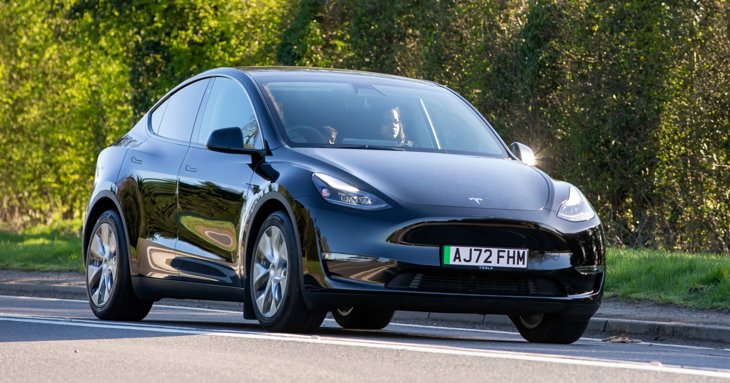
The average EV will go between 200 to 300 miles on a single charge — which could get you from London to Leeds — with some more modern models lasting for around 500 miles. To give that figure a Gloucestershire spin, to drive from Cheltenham to London and back again is around 200 miles, while a Cheltenham to Manchester round trip is around 300 miles.
Plus, with the ever-increasing availability of charging facilities, particularly in urban areas and at roadside service stations, it's easier than ever before to complete longer journeys in an EV, too.
EV batteries last a lot longer than expected
The degradation of EV batteries is less of an issue that experts initially thought it would be. Initial estimates said that batteries would need replacing within 10 years — but manufacturers are now estimating they could last between 15 and 20 years, surpassing previous expectations.
Though the cost of battery replacement is currently high, it is anticipated that this will come down in the next 10 years as technology improves.
There’s already a large used EV market
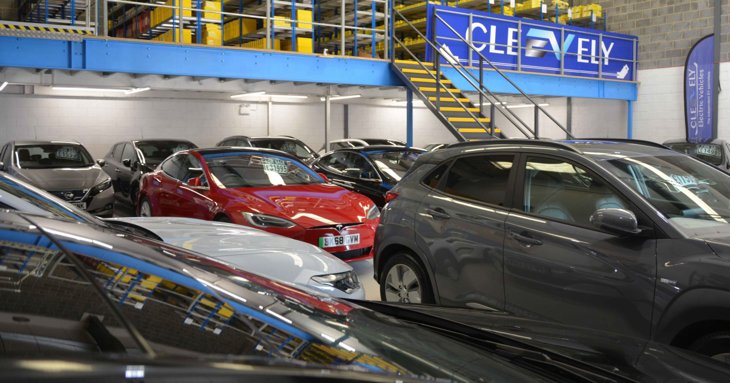
The used EV market is growing across the country — and locally, with Cheltenham-based Cleevely EV offering a range of used EVs at its showroom, with options to suit a range of budgets and requirements.
It's anticipated that the increasing supply of used EVs will drive prices down and allow more drivers to make the switch in the future, too.
For more information about Cleevely EV, pop into the showroom in Cheltenham, or visit cleevelyev.co.uk.


